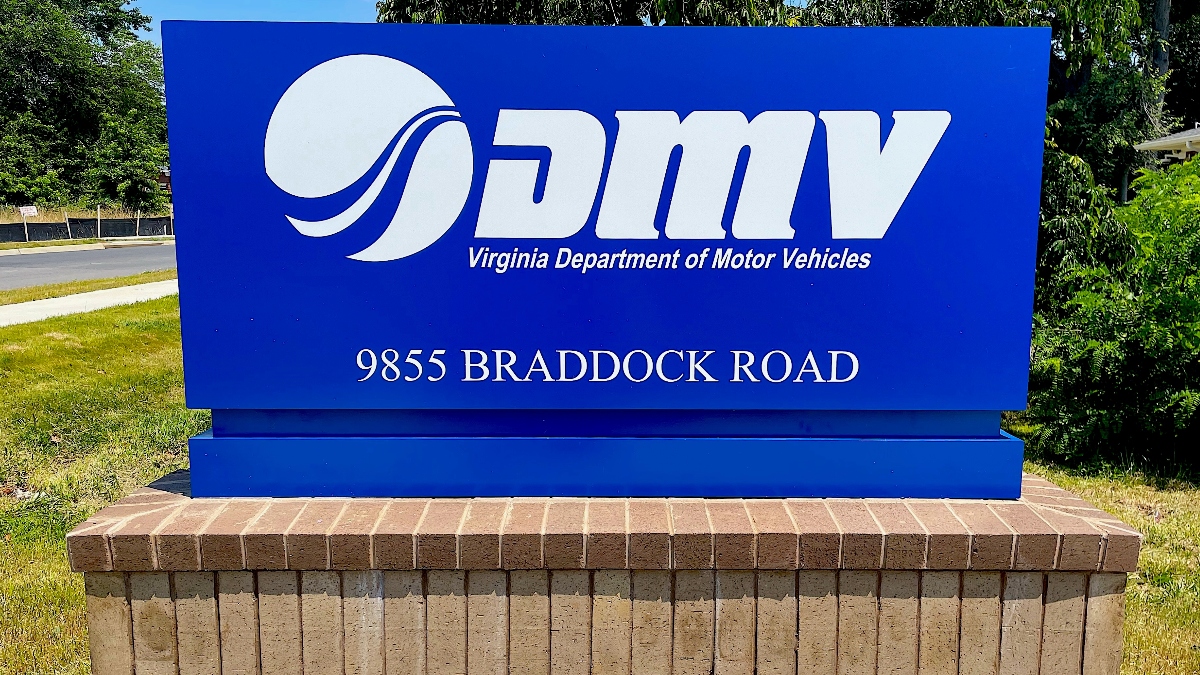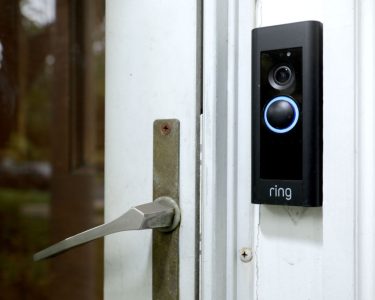The ability to drive is crucial to many senior citizen’s independence. This means that when there’s talk of making it more difficult for older Americans to stay on the roads, it can certainly raise some alarm bells. That has recently been the case thanks to a social media post teasing upcoming U.S. senior driver’s license changes. But is there any truth to the rumored new law? Keep reading to learn more about these alleged new rules, and what seniors who need to renew their licenses can actually expect.
What is the viral senior driving law rumor?
A post has been circulating on social media this summer claiming that there will soon be a national law imposing new requirements on senior drivers. The initial story said this would begin July 1, with newer updates now claiming the requirements will go into effect August 1.
According to this post, this national law would change a number of things for older Americans who plan to continue to drive. The first: Anyone 70 and older would need to pass routine vision, physical and cognitive tests as part of the driver’s license testing and renewal process, shares GreenMatters.org.
The renewal timeline would also change depending on age. Anyone between the age of 70 and 80 would need to renew their license in-person every four years. This would include the aforementioned vision test in order to renew.
Seniors between the ages of 81 and 86 would have to renew their license every two years and pass the vision test. There was also mention of a possible cognitive test.
Finally, Americans who are 86 and older would need to do this on an annual basis to retain their license. Another hurdle? Passing a mandatory road test.
Are senior drivers really facing new national laws?
Though the post has continued to gain traction, there’s no truth to this rumor. There are no US senior driver’s license changes that will be going into effect on a national level, an expert confirmed to AL.com.
A post on myth-busting website Snopes.com also shared that artificial-intelligence content detectors confirmed these stories were likely created by AI and simply posted to gain attention online. No reputable news outlets have otherwise reported on this alleged law going into effect.
It’s possible that something could change down the road, but for now, driver’s license requirements are established on a state-by-state basis.
Which states have senior-specific driving rules?

Though there’s no forthcoming national law creating new license rules for seniors, some individual states do have their own requirements. These are generally a lot simpler than the national rules shared in the fake stories.
Here are the states with their own senior-specific requirements:
- Alaska: Vision test required with every renewal for those 69 and older.
- Arizona: Renew license every five years for those 65 and older. (Vision test required for all renewals.)
- California: Vision test required with every renewal for those 70 and older.
- Florida: Renew license every six years for those 80 and older. (Vision test required for those above the age of 80.)
- Hawaii: Renew license every four years for those 72-79; two years for anyone 80 and older. (Vision test required for all renewals.)
- Idaho: Renew license every four years for those 63 and older. (Vision test required for all renewals.)
- Illinois: Renew license every two years for those 81–86; every year for anyone 87 and older. (Vision test required for every renewal for those 75 and older.)
- Indiana: Renew license every three years for those 75–84; every two years for those 85 and older. (Vision test required for every renewal for those 75 and older.)
- Iowa: Renew license every two years for those 78 and older. (Vision test required for every renewal for those 70 and older.)
- Kansas: Renew license every four years for those 65 and older. (Vision test required for all renewals.)
- Maine: Renew license every four years for those 65 and older. (Vision test required for every renewal for those 62 and older.)
- Maryland: Vision test required with every renewal for those 40 and older.
- Massachusetts: Vision test required with every renewal for those 75 and older.
- Missouri: Renew license every three years for those 70 and older. (Vision test required for all renewals.)
- Montana: Renew license every four years for those 75 and older. (Vision test required for all renewals.)
- Nebraska: Vision test required with every renewal for those 72 and older.
- Nevada: Renew license every four years for those 65 and older.(Vision test required for every renewal for those 71 and older.)
- New Mexico: Renew license every four years for those 71–78; every year for those 79 and older. (Vision test required for every renewal for those 75 and older.)
- North Carolina: Renew license every five years for those 66 and older. (Vision test required for all renewals.)
- North Dakota: Renew license every four years for those 78 and older. (Vision test required for all renewals.)
- Ohio: Renew license every four years for those 65 and older. (Vision test required for all renewals.)
- Oregon: Vision test required with every renewal for those 50 and older if renewing in person.
- Rhode Island: Renew license every two years for those 75 and older. (Vision test required for all renewals.)
- Texas: Renew license every two years for those 85 and older. (Vision test required for every renewal for those 79 and older.)
- Utah: Vision test required with every renewal for those 65 and older.
- Virginia: Renew license every five years for those 75 and older. (Vision test required for every renewal for those 75 and older.)
Some states will give you the option of renewing more often after a certain age, but it’s strictly personal choice.
One other frequent requirement for seniors: having to renew your driver’s license in person. In some cases you may have to do this every time , while other states will allow you to alternate between online and in-personal renewals. For more detailed information for senior drivers, visit the website for your state’s motor vehicles department.






